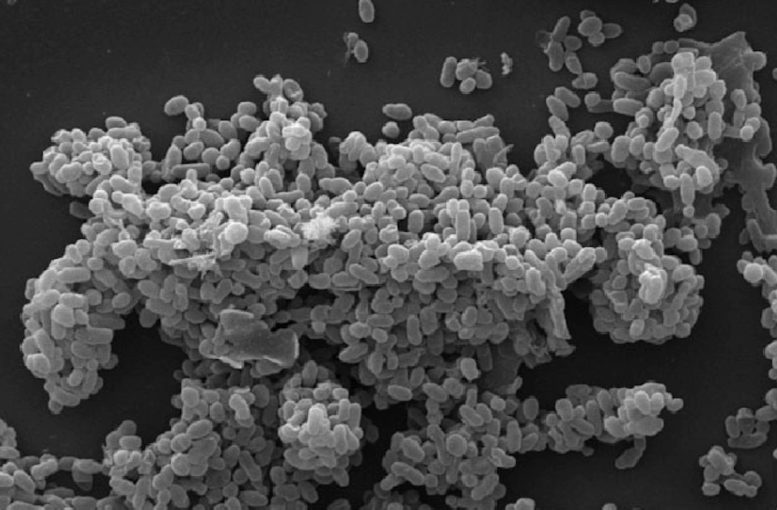Living with ADHD can feel like navigating a complex maze, but emerging research suggests an unexpected ally in managing symptoms might be right in your digestive system. Recent scientific discoveries are revealing a fascinating connection between gut health and ADHD that could transform how we understand and treat this neurodevelopmental condition.
The Gut-Brain Connection: More Than Just a Saying

Scientists are uncovering a remarkable communication network between our gut and brain – what experts are calling a “bi-directional super-highway”. Professor Alejandro Arias Vásquez from Radboud University Medical Center explains that people with ADHD have a distinctly different gut microbiota profile, with some bacteria more or less abundant than in neurotypical individuals.
What’s Really Happening in the Gut?
Research shows that individuals with ADHD often experience:
- Reduced levels of short-chain fatty acids
- Higher inflammation markers
- More frequent gut health issues like IBS, constipation, and digestive pain
How Diet Can Make a Difference
The Mediterranean Diet: A Potential Game-Changer
The Mediterranean diet has emerged as a promising approach for improving gut and brain health. By focusing on:
- Unprocessed, fiber-rich plant foods
- Moderate amounts of fish and white meat
- Extra virgin olive oil
- Minimal processed foods
One gastrointestinal physiologist found that just one month on this diet significantly increased gut bacteria diversity.
Also Read: Surprising 16-year-long ADHD study reveals opposite of what researchers expected
Foods That Support Brain and Gut Health
Powerful Nutrition Strategies
- Blue and Purple Foods: Packed with brain-protecting antioxidants
- Blueberries
- Purple vegetables
- Foods rich in polyphenols
- Brain-Boosting Nutrients:
- Choline-rich foods (eggs, organ meats, fish)
- Omega-3 sources (oily fish, walnuts, chia seeds)
- Magnesium-containing foods
Reducing Ultra-Processed Foods
Professor Julia Rucklidge emphasizes that reducing ultra-processed foods could be the single most important dietary change for managing ADHD symptoms. Studies have shown that removing these foods can significantly reduce ADHD symptoms in children.
Supplements and Probiotics: A Promising Frontier
While food should be the primary approach, targeted supplementation might help:
- Multivitamins with key nutrients like vitamin D, B12, magnesium
- Specific probiotic strains like Bifidobacterium longum 1714
- Omega-3 supplements for those not consuming enough through diet
Practical Tips for Improving Gut Health with ADHD
Dr. James Kustow recommends:
- Batch cooking healthy meals
- Creating consistent eating routines
- Using meal delivery services
- Developing strategies to manage sensory food challenges
The Future of ADHD Treatment
Experts like Dr. Kustow envision a future where ADHD treatments incorporate gut health optimization through targeted diets, supplements, and probiotics.
Key Takeaway
Your gut might hold more power over your ADHD symptoms than you ever imagined. By making strategic dietary choices, you could potentially improve not just your digestive health, but your overall neurological well-being.
What is ADHD? Understanding the Basics
Attention-Deficit/Hyperactivity Disorder (ADHD) is a neurodevelopmental condition characterized by persistent patterns of inattention, hyperactivity, and impulsivity that interfere with daily functioning and development. It’s not just about being easily distracted or overly energetic – ADHD is a complex neurological disorder that affects both children and adults, impacting their ability to focus, organize tasks, manage time, and regulate emotions.
Important Disclaimer
This article is intended for informational purposes only and should not be considered medical advice or a substitute for professional healthcare guidance. While the insights shared are based on scientific research, every individual’s experience with ADHD is unique. Dietary changes, supplements, and health strategies should always be discussed with and approved by a qualified healthcare provider. The information presented here is meant to provide general knowledge and potential supportive strategies, not to diagnose, treat, or cure any medical condition.
Sources:
- Radboud University Medical Center Research
- Research presented at the 2024 Gut Symposium
- Studies by Prof. Julia Rucklidge, University of Canterbury
- Research by Dr. James Kustow, ADHD specialist
- Nutritional studies on gut health and ADHD published in recent medical journals

